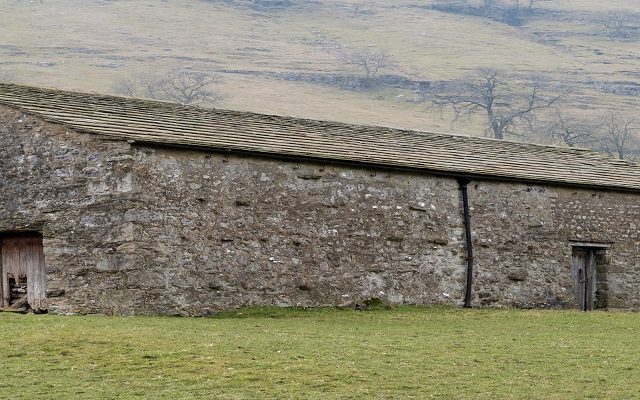How farms and estates can stay ahead on water management
How farms and estates can stay ahead on water management
Staying on top of changes to the abstraction licence regime is becoming increasingly important for farms and estates at a time when the government is telling farmers they need to be actively planning for a drier future.
A recent government report highlighted that we take for granted a plentiful water supply in England, but our high population density means that the available water per person is actually less than in many Mediterranean countries.
The summer of 2018, in particular, highlighted the importance of farmers having access to water resources, with crops suffering in the dry conditions as daytime temperatures consistently reached 30C.
Recent climate change predictions from the Met Office predict that by 2070 summer temperatures could be up to 5.4C hotter and summer rainfall could decrease by as much as 47%.
The chances of a summer as warm as 2018 could rise to around 50% by 2050.
Against this backdrop, farms and estates will naturally want to do all they can to protect their rights to abstract water and avoid falling foul of a series of changes to the abstraction regime that have been introduced since 2014.
The right to abstract water is a valuable business asset and farmers will want to take steps to ensure they protect their current and future needs.
For example, the two-year deadline for people to convert previously exempt activities into new authorisations is at the end of 2019.
Previously exempt activities which now require a licence include trickle irrigation and according to a recent DEFRA report many abstractors are yet to submit an application.
If an application for a new authorisation is not made by 31 December and validated in time, then the right to abstract will be automatically lost and the abstractor will be liable for enforcement action.
Meanwhile, growers with existing licences may want to investigate whether there is an opportunity to utilise the full summer extraction period, which runs from 1 April – 30 Oct.
Some licensees may have licences which run from April- September or June -October and may not be aware that they can apply to the Environment Agency to change these dates.
While there are no guarantees permission will be granted, and it will not mean a change in the amount they can abstract, it can offer growers greater flexibility.
Another key issue is where the holder of an abstraction licence is not using their full licenced quantity and are in an area which the EA is seeking to reduce licenced quantities or revoke licences at their renewal date.
These abstractors should be looking to utilise the water themselves for the remainder of the current licence period or alternatively they can look at options to trade some or all of the licence with a neighbour who does require the water.
Other points worth checking is that the name on the licence is up to date and relates to someone actively involved in the day-to-day running of the business.
This avoids any relevant correspondence getting overlooked and also, if there is a breach, whoever is listed on the licence is the person who will face legal action.
The need for accuracy when monitoring abstraction is also crucial, as is meeting the rules on submitting abstraction returns.
The Environment Agency has just announced that for the first time this summer it is using drones to monitor abstraction in East Anglia’s fenland areas, so it can take action against any licence holders breaching the conditions.
There have been prosecutions where the EA has found that misleading or incorrect information about the amount of water abstracted has been submitted. The returns let the EA know that the licence is active, and that you require your abstraction allowance.
There is currently an option to request to flex abstraction conditions in the event of prolonged dry weather events.
Subject to there being no negative impact on the environment or other water users, the Environment Agency has said it will consider requests to fast track water rights trades and extend the winter abstraction season to enable winter storage reservoirs to be refilled, assuming river flows are sufficiently high.
Given the increased pressure on water resources, some landowners may want to consider investing in on-farm reservoirs to help their long-term water management.
Although there is not currently any funding available through the government’s Countryside Productivity Water Resource Management Scheme, LEADER funding to support such projects may be available in some regions where funds are still unallocated and it is possible that the Countryside Productivity funds will be re-opened again in the future.






